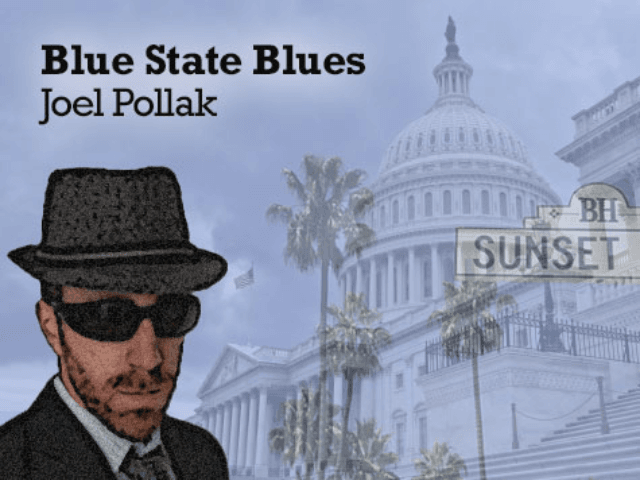“If anybody puts their hands on you, send them to the cemetery!”
So said the leader of the Afrikan Black Coalition, addressing 1,000 students, union members, and local activists at the University of California Berkeley version of the Million Student March on Thursday.
He had been quoting Malcolm X, apparently, and said he was addressing the black students present. (He had just asked white students to ask their relatives in the police to stop killing black people.)
The militant, violent message clearly made the MC uncomfortable. Taking back the microphone as the assembled members of the Afrikan Black Coalition shuffled offstage, he joked nervously that some “fifth-grader” in the audience would write a “book report” about what they had heard.
Well, yes—I suppose I am that fifth-grader, and this is my book report. The book in question is The Autobiography of Malcolm X, and I first read it in 10th grade, not 5th, but let’s discuss, briefly.
Malcolm X’s goal was to instill a sense of pride and self-sufficiency in black Americans. He did not use violence, but understood that fear of retribution was a potent political weapon.
Charles E. Cobb, Jr. argues in his book This Nonviolent Stuff’ll Get You Killed: How Guns Made the Civil Rights Movement Possible that Dr. Martin Luther King, Jr.’s non-violent protest was possible partly because civil rights leaders were often armed and prepared to defend themselves.
Warning people that you will respond with disproportionate force to any transgression, while provocative, might have been necessary in an era when civil rights activists were being literally lynched for their efforts.
It is less convincing in an era when the main grievances seem to be student loans and Halloween costumes.
And it is rather alarming when police officers have, in fact, been murdered recently by individuals provoked, in part, by rhetoric about police brutality.
I did not catch the speaker’s name when he was onstage—and, more unforgivably, I was too busy taking notes and photos to record his speech on video.
So I approached him afterwards and asked him his name. He asked me who I worked for. I told him.
“Breitbart,” he said, thinking it over. “That’s the guy who died, right?”
He put a hand on my shoulder. “Sorry, I’m not going to talk to you,” he said.
“OK,” I said, and checked with another journalist.
His name is Yoel Haile. Yoel—the Hebrew, or in this case probably Amharic, version of my own name.
We have a bit in common. Roots in Africa, for one. Nostalgia for the past, another.
When I was a student at Harvard, I used the opportunity of a semester break to come to California. I spent a day taking in the great protest sites of Berkeley—Sproul Hall, People’s Park, all of it. I wished student in my own generation had the same courage, the same will to stand up together and change the world.
I did not understand then that while some changes are good, others are bad, even very bad; that while some changes happen because of demonstrations, others, often better ones, are more subtle; and that the most important changes are usually the ones individuals make in their own lives—which are harder to make in a time of constant political turmoil.
Young people covet what novelist Norman Rush called the “moment of insurrection.” It is, he warned, an fleeting joy.
Watching Haile, I felt that he and those on the stage with him—and perhaps those at Mizzou and around the country—were convinced that they best way to honor their heroes was to do what they did, say what they said, fought who they fought.
They do not know—or have not been taught—that the world really has changed, and the best way to honor their heroes is to make the most of the opportunities for which they fought, and which others are so eager to provide.

COMMENTS
Please let us know if you're having issues with commenting.